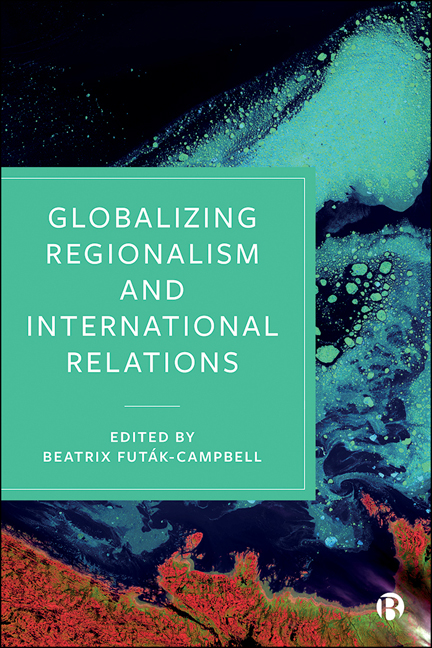4 - Building Regional Communities: The Role of Regional Organizations in Africa
Published online by Cambridge University Press: 21 December 2021
Summary
Comparative regionalism as a field of enquiry has made great strides in showing the relevance of regional organizations and inter-regional dynamics in world politics, and the influence of the European Union (EU) on regionalism elsewhere in the world (Acharya, 1997; Ba, 2009; Dri, 2010; Jetschke and Lenz, 2013; Lenz and Burilkov, 2017). However, only rare attempts have been made to theorize and conceptualize regional organizations from the perspective of African peoples, which has led to the loss of important insights for the field (for recent exceptions, see Souaré, 2014; Tieku, 2017, 2019; Coleman and Tieku, 2018; Witt, 2019; Glas and Balogun, 2020; Ng, 2021). Conventional constructivist and English School conceptualizations such as security community, regional security complex, and regional international society are Eurocentric and do not meaningfully explicate the fundamental dynamics of regional organizations in Africa (Mumford, 2020, 2021). This chapter offers an alternative conceptualization of regional organizations that incorporates African experiences of the international and their agency in shaping regional politics. The key assertion is that formal regional organizations in Africa are best conceptualized as instruments to build a regional community that will empower African states vis-à-vis the European ‘Other’. A subsequent discourse analysis takes seriously the agency of post-independence leaders as they create regional organizations to alleviate their insecurities about interference from former colonial powers. To show that African experiences can also enrich wider scholarship in the field, the chapter clarifies how the conceptualization adopted here addresses two fundamental problems of comparative regionalism.
The first problem I present as vertical – how to conceptualize the relationship between a region and a regional organization (or a similar discussion, see Hurrell 2007: 130). Theories of regions value both formal and informal processes equally but do not relate them in any systematic sense (Söderbaum, 2003; Fawn, 2009). Regions and regional organizations are implicitly treated as synonymous, with discussions of regional groupings lumping them together under names such as Southern African Development Community (SADC) or Mercosur. However, Southern Africa is not the same as SADC; similarly, the southern cone of America is not the same as Mercosur. Moreover, while regional identity is related to regional organizations in scholarship, regional identity has rarely been related systematically to other questions in the field, specifically institutional design. My conceptualization resolves this by presenting African regional organizations as instruments used to formalize the community-building intentions of states in order to alleviate their insecurities.
- Type
- Chapter
- Information
- Globalizing Regionalism and International Relations , pp. 77 - 102Publisher: Bristol University PressPrint publication year: 2021

